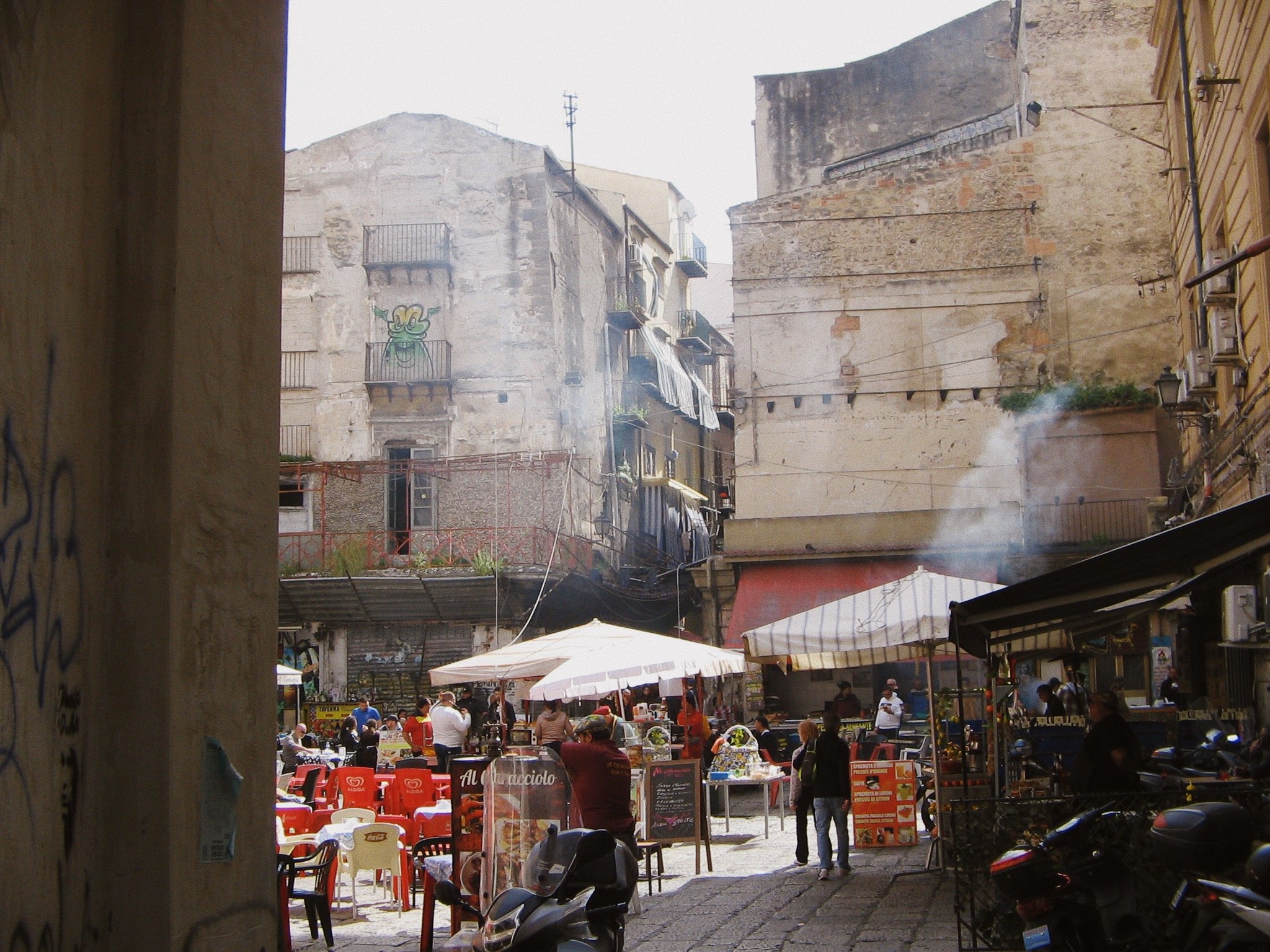Dolce far Niente: Why we long for the italian way of life.
In our fast-paced, hyper-connected world, the desire of the dolce far niente lifestyle, the sweet pleasure of doing nothing, has never been stronger. We live in a society that constantly rewards productivity and busyness, where the constant activity is often seen as a measure of success. Yet, in contrast, the Italian way of life, especially in places like Sicily, offers a reminder that life can be lived more slowly, with an emphasis on appreciating the present moment. This slow-paced, unbothered lifestyle has a magnetic appeal for many of us, and it can often leave us feeling envious of how Italians seem to have this calmness, unbothered by the stresses and pressures that define nowadays society.
During my time in Sicily, I was struck by the contrast between the island's relaxed vibe and the hurried nature of daily life that we often find ourselves caught up in. It wasn't just the Mediterranean sun or the landscapes that captured my attention; it was the palpable sense of leisure, of people enjoying life at their own pace. A typical Sicilian afternoon might involve people sipping espresso in the shade of a café, their conversations casual and unhurried, while others enjoy a cannolo, the iconic Sicilian pastry, without a care in the world. Certainly, there were no businesspeople with their AirPods plugged in, frantically rushing to their next meeting. The contrast to the busy, often stressful environments we are used to in other parts of the world was immense, and it left me wondering why we, as outsiders, are so drawn to this lifestyle, and why we often feel a sense of jealousy toward the unbothered Italians.
At the heart of the dolce far niente lifestyle is the idea of living in the moment. The phrase itself translates to “the sweetness of doing nothing,” a concept that challenges the traditional thinking that our value lies in constant activity and achievement. In Sicily, this idea isn't just a slogan, it’s a way of life. There is an appreciation for simplicity, for the idea that life doesn't need to be filled with tasks and endless goals. Instead, the Sicilian people seem to understand that time spent appreciating their surroundings, whether it's tanning in the sun, enjoying a cup of coffee or a homemade pastry, is just as valuable as time spent working.
The constant rush to accomplish more can lead to burnout and dissatisfaction. We are taught that success means productivity and often, the more we work, the more we are praised. But the reality is that this constant striving for achievement can leave us feeling disconnected from the very essence of life itself. In contrast, Italians, particularly those in places like Sicily, seem to have found a perfect balance. Their ability to engage in leisurely moments without guilt or urgency is something that many of us need to learn. Not feeling guilty when doing nothing.
What is it about this carefree, slow-paced lifestyle that we find so appealing? Part of it is the simplicity. In a world where complexity often leads to stress, the uncomplicated nature of Italian life offers a refreshing escape. The emphasis on enjoying small, meaningful experiences, such as sharing a meal, watching the sunset, or having an unhurried conversation, reminds us that there is more to life than the constant hustle.
It’s not about abandoning work or productivity entirely; rather, it’s about creating a healthier balance between activity and rest. We can take time to appreciate the small moments: enjoy a cup of coffee without checking our phone, take a walk in the sunshine, or spend time with loved ones without feeling the need to rush off to the next thing. By incorporating even small elements of this relaxed, unbothered mindset into our own routines, we can create a lifestyle that values rest, reflection, and enjoyment just as much as it values hard work. Let’s have a bit more dolce far niente in our lives! Full Project
By Sophie Schiller





